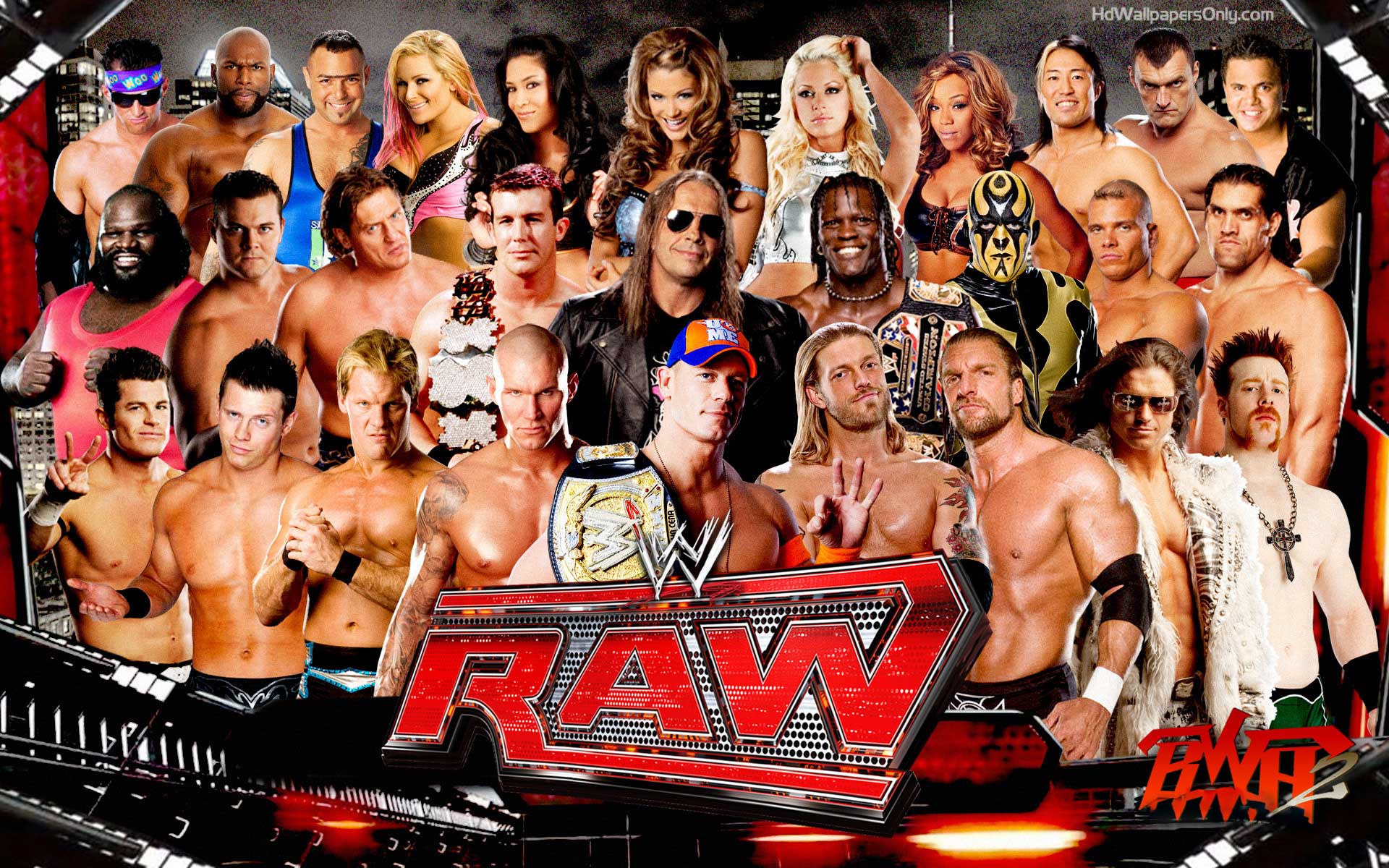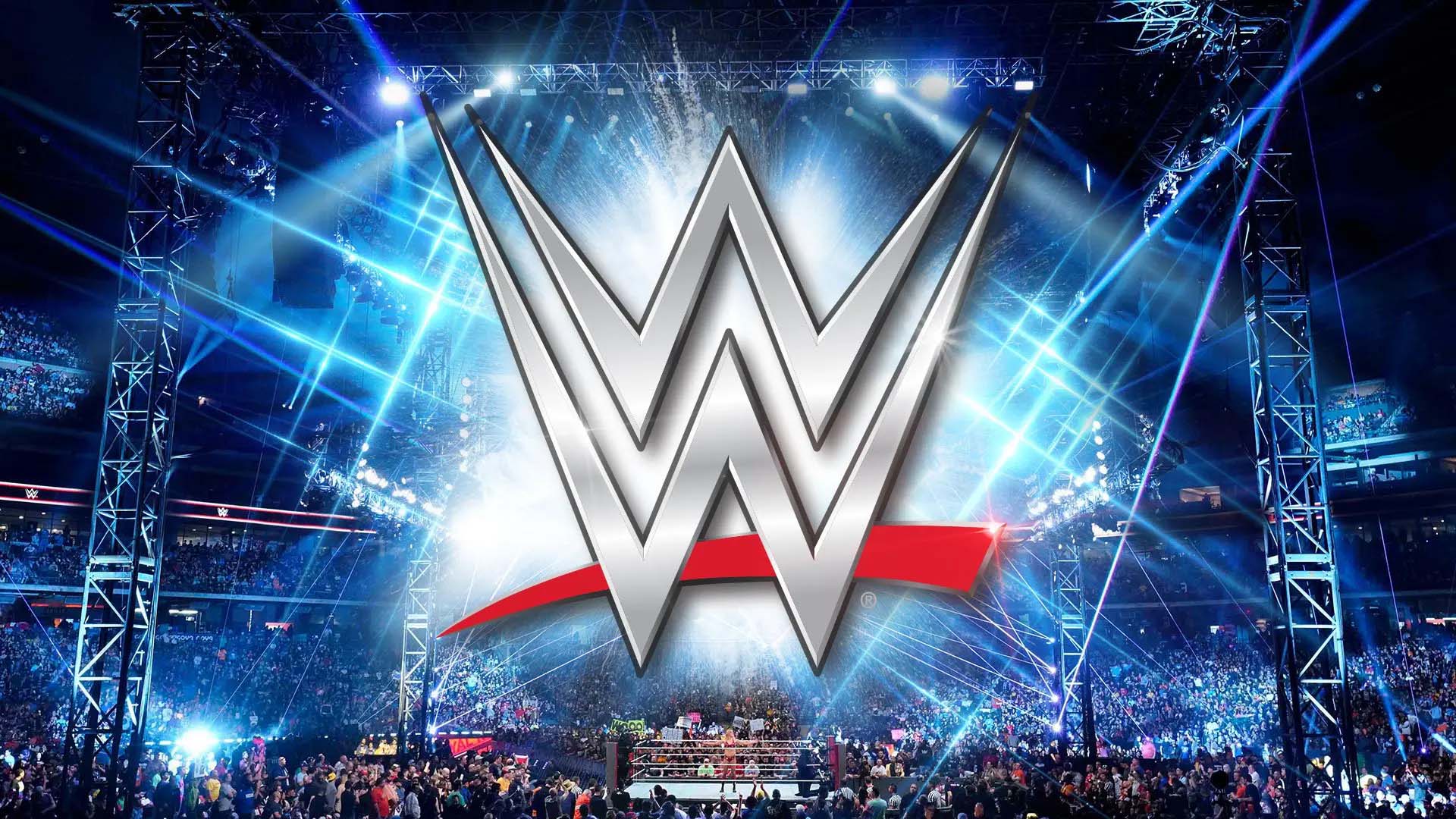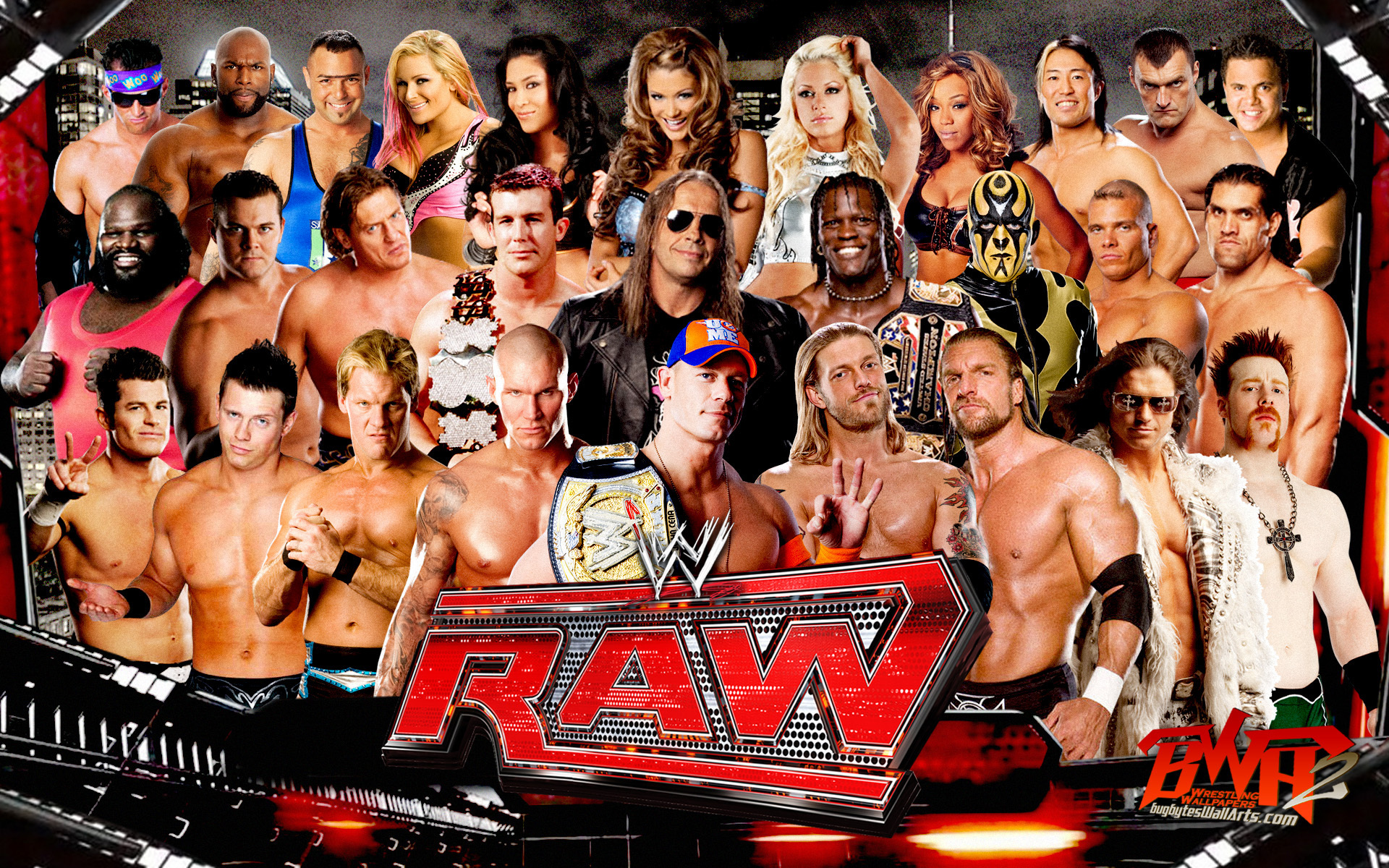World Wrestling Entertainment (WWE) has emerged as a cultural powerhouse, blending athleticism, drama, and entertainment to captivate audiences worldwide. Whether through the electrifying acrobatics of its superstars or the intricate development of its storylines, WWE has carved a unique space in the hearts of fans across generations. This article delves deep into WWE’s storied history, its profound cultural impact, and the elements that make it a standout entity in the world of sports entertainment.
As we journey through the complexities of WWE, we will uncover its origins, meet the legends who shaped its legacy, and explore the evolution of its programming. With a global audience that continues to grow, WWE has not only become a dominant force in entertainment but also a significant player in the sports industry. Join us as we dissect the layers of WWE, examining its influence and the unwavering passion it inspires in fans worldwide.
This comprehensive guide is designed to serve as an invaluable resource for both newcomers eager to learn about WWE and seasoned fans seeking deeper insights. By adhering to principles of expertise, authority, and trustworthiness, we aim to provide a detailed exploration of WWE, where every move and narrative matters.
Read also:Exploring Teyana Taylors Height Weight And Inspiring Journey
Table of Contents
- 1. The Rich History of WWE
- 2. Iconic Figures Who Shaped WWE
- 3. The Evolution of WWE Programming
- 4. WWE's Influence on Global Pop Culture
- 5. The Vibrant Fan Culture Around WWE
- 6. WWE's Major Events That Define the Year
- 7. The Rise of Women in WWE
- 8. The Exciting Future of WWE
1. The Rich History of WWE
Founded in 1953 as the Capitol Wrestling Corporation (CWC) by Jess McMahon and Toots Mondt, WWE has undergone a remarkable transformation over the decades. The promotion saw its most significant rebranding in the 1980s under the visionary leadership of Vince McMahon, who expanded WWE into a global entertainment empire. The introduction of WrestleMania in 1985 marked a turning point, merging professional wrestling with mainstream entertainment and setting the stage for WWE's ascent to global prominence.
In the 1990s, WWE faced fierce competition from World Championship Wrestling (WCW), sparking the legendary "Monday Night Wars." This rivalry elevated both promotions to unprecedented heights, with WWE eventually emerging victorious. The acquisition of WCW in 2001 solidified WWE's dominance in the wrestling world, paving the way for its continued growth and innovation.
Key Milestones in WWE History
- 1953: The inception of Capitol Wrestling Corporation
- 1985: The debut of WrestleMania, WWE's flagship event
- 1997: The dawn of the Attitude Era, revolutionizing wrestling with edgy storytelling
- 2001: The acquisition of WCW, eliminating competition and expanding WWE's portfolio
- 2014: The launch of WWE Network, revolutionizing content delivery and accessibility
2. Iconic Figures Who Shaped WWE
WWE owes its success to a diverse array of personalities who have left an indelible mark on the promotion. From legendary wrestlers who electrified the ring to visionary executives who steered the company forward, these individuals have played pivotal roles in shaping WWE's identity.
Notable Wrestlers
- Hulk Hogan: The charismatic face of wrestling in the 1980s, Hogan played a crucial role in bringing WWE into the mainstream spotlight.
- Stone Cold Steve Austin: A cornerstone of the Attitude Era, Austin's rebellious persona resonated deeply with fans and helped drive WWE's ratings to new heights.
- The Rock: Dwayne Johnson, a wrestling icon turned Hollywood superstar, exemplifies WWE's ability to transcend traditional boundaries and appeal to a global audience.
- John Cena: A modern-day legend, Cena has been a cornerstone of WWE's programming for over a decade, embodying the values of perseverance and sportsmanship.
Influential Executives
- Vince McMahon: As the Chairman and CEO, McMahon's leadership has been instrumental in WWE's growth from a regional promotion to a global entertainment giant.
- Triple H: A wrestling legend in his own right, Triple H has been a driving force behind WWE's talent development programs, particularly the NXT brand, ensuring a steady pipeline of fresh talent.
3. The Evolution of WWE Programming
Over the years, WWE programming has evolved significantly, adapting to changing audience preferences and technological advancements. From its flagship weekly shows to its blockbuster pay-per-view events, WWE continues to innovate and captivate its audience.
Weekly Shows
- Monday Night Raw: WWE's longest-running program, Raw has been a staple of wrestling entertainment since 1993, showcasing top-tier talent and advancing compelling storylines.
- SmackDown: Originally launched in 1999, SmackDown has become a cornerstone of WWE's programming, offering a distinct brand identity and complementing Raw's offerings.
Pay-Per-View Events
- WrestleMania: Known as the "Showcase of the Immortals," WrestleMania is the pinnacle of WWE's annual calendar, featuring high-stakes matches and unforgettable moments.
- Royal Rumble: This event is renowned for its unique battle royal format, setting the stage for WrestleMania and offering fans a chance to witness the rise of new stars.
4. WWE's Influence on Global Pop Culture
WWE's reach extends far beyond the confines of the wrestling ring, permeating various aspects of global pop culture. The promotion has become a household name, with its wrestlers and events influencing movies, music, and television.
WWE and Pop Culture
WWE's impact on pop culture is evident in the countless references to its characters and events across media platforms. Wrestlers like The Rock and John Cena have transcended wrestling to become global icons, while WrestleMania remains a cultural phenomenon celebrated worldwide.
Read also:Exploring The Life Of Andres Guardados Wife A Beacon Of Support And Strength
Philanthropy and Community Engagement
WWE is committed to giving back to the community through initiatives like the "Make-A-Wish" program and its "Be a STAR" anti-bullying campaign. These efforts demonstrate WWE's dedication to making a positive difference in the lives of its fans and the broader community.
5. The Vibrant Fan Culture Around WWE
WWE fans are renowned for their unwavering passion and loyalty, creating a rich and diverse culture that extends beyond the arena. This culture is defined by a deep connection to the brand and its characters, fostering a sense of community among fans worldwide.
Fan Engagement
WWE actively engages with its fans through various channels, including social media, live events, and fan conventions. Platforms like WWE's official website and social media accounts allow fans to interact with their favorite superstars, share their opinions, and stay connected to the latest developments in WWE.
Merchandising and Collectibles
The demand for WWE merchandise, ranging from action figures and apparel to rare memorabilia, underscores the dedication of its fanbase. Collectors eagerly seek out limited-edition items, adding to the excitement and exclusivity of WWE fandom.
6. WWE's Major Events That Define the Year
Throughout the year, WWE hosts a series of major events that serve as focal points for its storytelling and competition. These events are eagerly anticipated by fans worldwide and often feature the most significant matches and moments in WWE history.
Annual Events
- WrestleMania: WWE's flagship event, WrestleMania is a celebration of wrestling excellence, featuring the culmination of major storylines and rivalries.
- SummerSlam: Known as the "Biggest Party of the Summer," SummerSlam delivers high-energy matches and unforgettable moments.
- Survivor Series: This event highlights the rivalry between WWE's brands, featuring traditional elimination matches and showcasing the depth of talent across Raw and SmackDown.
International Tours
WWE's international tours bring the excitement of live wrestling to fans around the globe. These tours not only expand WWE's global reach but also introduce new audiences to the magic of sports entertainment.
7. The Rise of Women in WWE
The landscape of WWE has undergone a transformative shift with the rise of women wrestlers, driven by the "Women's Evolution" movement. This movement has empowered female athletes, elevating their status and opportunities within the promotion.
Breaking Barriers
Trailblazers like Sasha Banks, Becky Lynch, and Charlotte Flair have shattered glass ceilings, becoming main-event stars and proving that women can compete at the highest levels of professional wrestling. Their achievements have paved the way for a new generation of female talent, ensuring a brighter future for women in WWE.
Women's Championships
The introduction of the Women's Tag Team Championship and other titles has further highlighted the importance of women in WWE. These championships provide new avenues for storytelling and competition, enriching the overall fabric of WWE programming.
8. The Exciting Future of WWE
As WWE continues to navigate the ever-evolving landscape of entertainment and technology, its future looks incredibly promising. With a focus on innovation, global expansion, and content creation, WWE is poised to maintain its position as a leader in sports entertainment.
Emerging Technologies
WWE is exploring cutting-edge technologies such as virtual reality (VR) and augmented reality (AR) to enhance the fan experience. These advancements have the potential to redefine how fans engage with WWE, offering immersive experiences that bring them closer to the action than ever before.
Global Expansion
WWE remains committed to expanding its presence on a global scale, tapping into new markets and connecting with audiences worldwide. By leveraging its brand's universal appeal and adapting to local preferences, WWE aims to grow its influence and impact in every corner of the globe.
Conclusion
World Wrestling Entertainment stands as a testament to the power of storytelling, athleticism, and entertainment. Through its rich history, diverse cast of characters, and commitment to innovation, WWE continues to inspire and captivate fans across the globe. As it looks toward the future, WWE is well-positioned to build on its legacy and redefine the boundaries of sports entertainment for generations to come.


